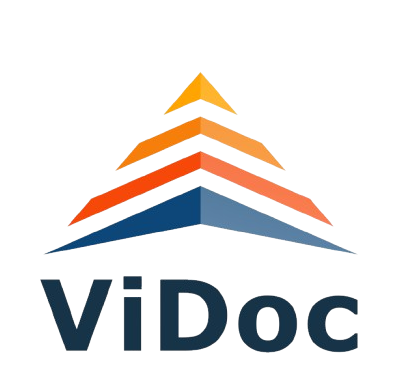
A Document Management Solution (DMS) plays a crucial role in managing medical records in the healthcare industry. Here are the key reasons why a DMS is paramount for medical records in healthcare:
Efficient and Centralized Storage: A DMS allows healthcare organizations to store medical records electronically, eliminating the need for physical storage space and reducing paper usage. It provides a centralized repository for all medical records, making it easier to organize, access and manage patient information.
Quick and Accurate Retrieval: With a DMS, healthcare professionals can swiftly retrieve patient records when needed. The system offers advanced search capabilities, allowing medical staff to locate specific records based on patient information, diagnosis or treatment details. This improves efficiency, saves time and enhances patient care.
Enhanced Data Security and Privacy: Medical records contain sensitive patient information and maintaining data security and privacy is of utmost importance. A DMS provides robust security features such as user authentication, access controls and encryption to protect patient data from unauthorized access or breaches. It ensures compliance with data protection regulations like the Personal Data Protection Bill in India.
Streamlined Workflows and Collaboration: A DMS streamlines document workflows, enabling seamless collaboration among healthcare professionals. It allows multiple authorized users to access, review and update records simultaneously, facilitating teamwork and efficient communication. Additionally, it automates tasks such as document approvals, referrals and notifications reducing manual paperwork and improving workflow efficiency.
Integration with Electronic Health Records (EHR) Systems: A DMS can integrate with Electronic Health Records (EHR) systems, providing seamless access to medical records within the healthcare organization. Integration allows healthcare providers to view patient records, test results and medical histories in one consolidated system, eliminating the need for manual transfer of information and improving continuity of care.
Audit Readiness and Compliance: Healthcare organizations in India are subject to audits from regulatory bodies and quality assurance agencies. A DMS ensures audit readiness by maintaining comprehensive audit trails, document versioning and retention schedules. It helps healthcare organizations comply with regulatory requirements, such as those set by the National Accreditation Board for Hospitals & Healthcare Providers (NABH) and the Joint Commission International (JCI).
Disaster Recovery and Business Continuity: In the event of natural disasters, accidents or system failures, medical records can be vulnerable to damage or loss. A DMS offers features like automated backups, data redundancy and disaster recovery mechanisms, ensuring that medical records are protected and can be restored promptly. This helps maintain business continuity and safeguards patient information.
Cost and Space Savings: Implementing a DMS reduces the dependency on physical storage, paper-based processes and manual record-keeping. It eliminates the costs associated with printing, storage space and document distribution. By digitizing medical records, healthcare organizations can optimize resource utilization, reduce administrative overheads and improve cost-effectiveness.
Contact us to know more about our one-stop solution Emrix, entrusted by leading healthcare institutions for over 10 years.


